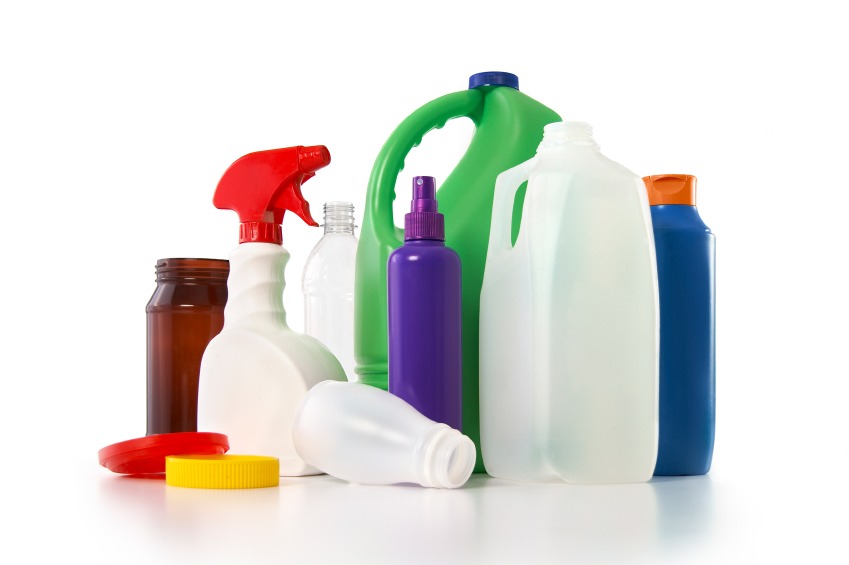 Unilever has committed to ensuring that all of its plastic packaging is fully reusable, recyclable or compostable by 2025. The company has invited the fast-moving consumer goods industry to participate in collective action towards a fully circular plastic packaging system and to accelerate progress towards the circular economy.
Unilever has committed to ensuring that all of its plastic packaging is fully reusable, recyclable or compostable by 2025. The company has invited the fast-moving consumer goods industry to participate in collective action towards a fully circular plastic packaging system and to accelerate progress towards the circular economy.
In an effort to help transform global plastic packaging material flows, Unilever has committed to:
- Ensure all of its plastic packaging is designed to be reusable, recyclable or compostable by 2025.
- Renew its membership of the Ellen MacArthur Foundation (EMF) for another three years and endorse and support their New Plastics Economy initiative. As part of this, it will publish the full ‘palette’ of plastics materials used in its packaging by 2020 to help create a plastics protocol for the industry.
- Invest in proving, and then sharing with the industry, a technical solution to recycle multi-layered sachets, particularly for coastal areas which are most at risk of plastics leaking into the ocean.
Unilever has already committed to reduce the weight of the packaging it uses this decade by one third by 2020, and increase its use of recycled plastic content in its packaging to at least 25% by 2025 against a 2015 baseline, both as part of the Unilever Sustainable Living Plan.
The company reports it achieved its 2015 commitment of sending zero non-hazardous waste to landfill across its manufacturing operations.
Unilever CEO Paul Polman said that while plastic packaging plays a critical role in making products appealing, safe and enjoyable for consumers, it is clear that industry needs to do much more to ensure it is managed responsibly and efficiently post-consumer use.
“To address the challenge of ocean plastic waste we need to work on systemic solutions – ones which stop plastics entering our waterways in the first place,” Polman said.
“We hope these commitments will encourage others in the industry to make collective progress towards ensuring that all of our plastic packaging is fully recyclable and recycled. We also need to work in partnership with governments and other stakeholders to support the development and scaling up of collection and reprocessing infrastructure which is so critical in the transition towards a circular economy. Ultimately, we want all of the industry’s plastic packaging to be fully circular.”
Did you know?
According to the Ellen MacArthur Foundation (EMF), just 14% of the plastic packaging used globally makes its way to recycling plants, while 40% ends up in landfill and a third in fragile ecosystems. By 2050, it is estimated there will be more plastic than fish in the world’s oceans.



